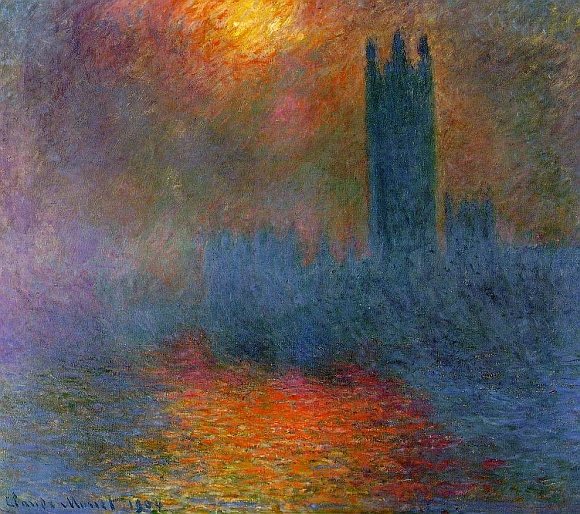
A party is not, as classical doctrine (or Edmund Burke) would have us believe, a group of men who intend to promote public welfare “upon some principle on which they are all agreed.” This rationalization is so dangerous because it is so tempting. For all parties will of course, at any given time, provide themselves with a stock of principles or planks and these principles or planks may be as characteristic of the party that adopts them and as important for its success as the brands of goods a department store sells are characteristic of it and important for its success. But the department store cannot be defined in terms of its brands and a party cannot be defined in terms of its principles. A party is a group whose members propose to act in concert in the competitive struggle for political power. If that were not so it would be impossible for different parties to adopt exactly or almost exactly the same programme. Yet this happens as everyone knows. Party and machine politicians are simply the response to the fact that the electoral mass is incapable of action other than a stampede, and they constitute an attempt to regulate political competition exactly similar to the corresponding practices of a trade association. The psychotechnics of party management and party advertising, slogans and marching tunes, are not accessories. They are of the essence of politics. So is the political boss.
—Joseph A. Schumpeter, Capitalism, Socialism and Democracy p. 283 (1942)



